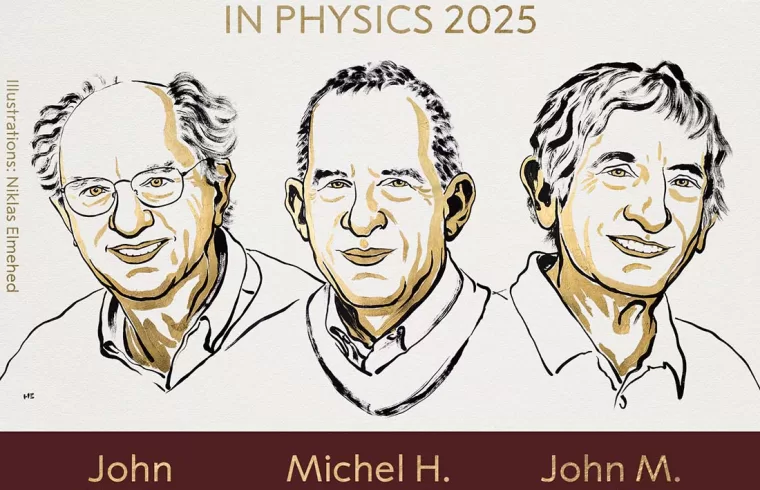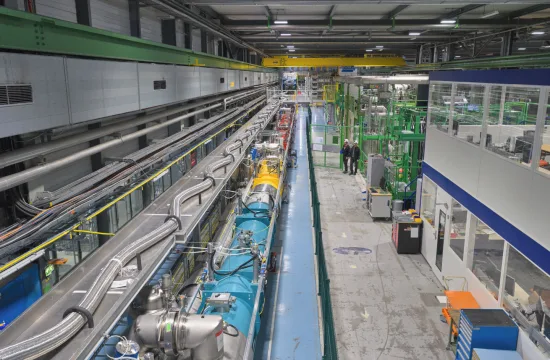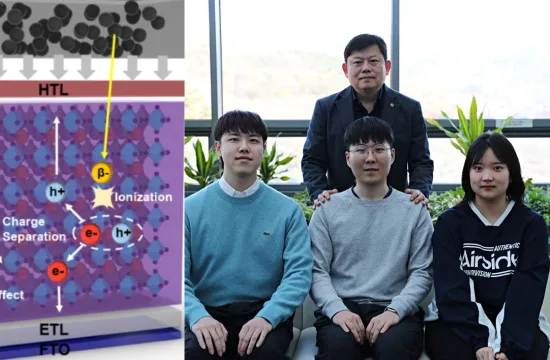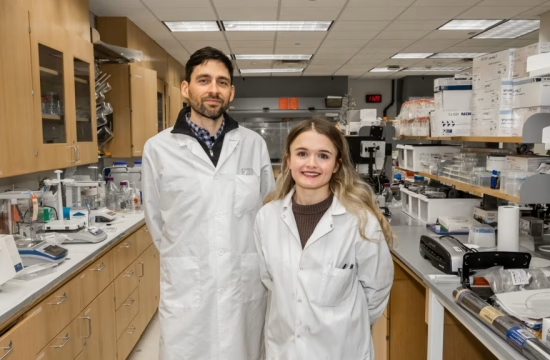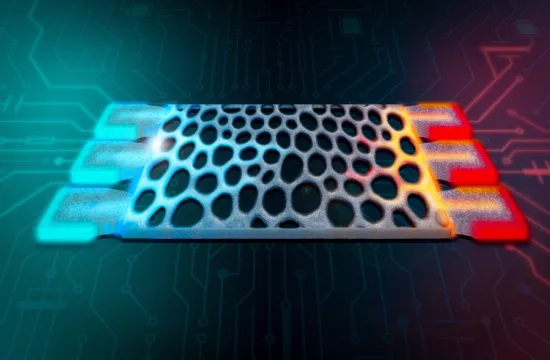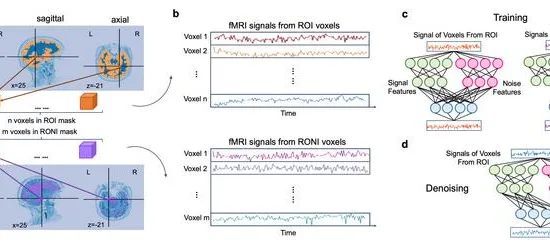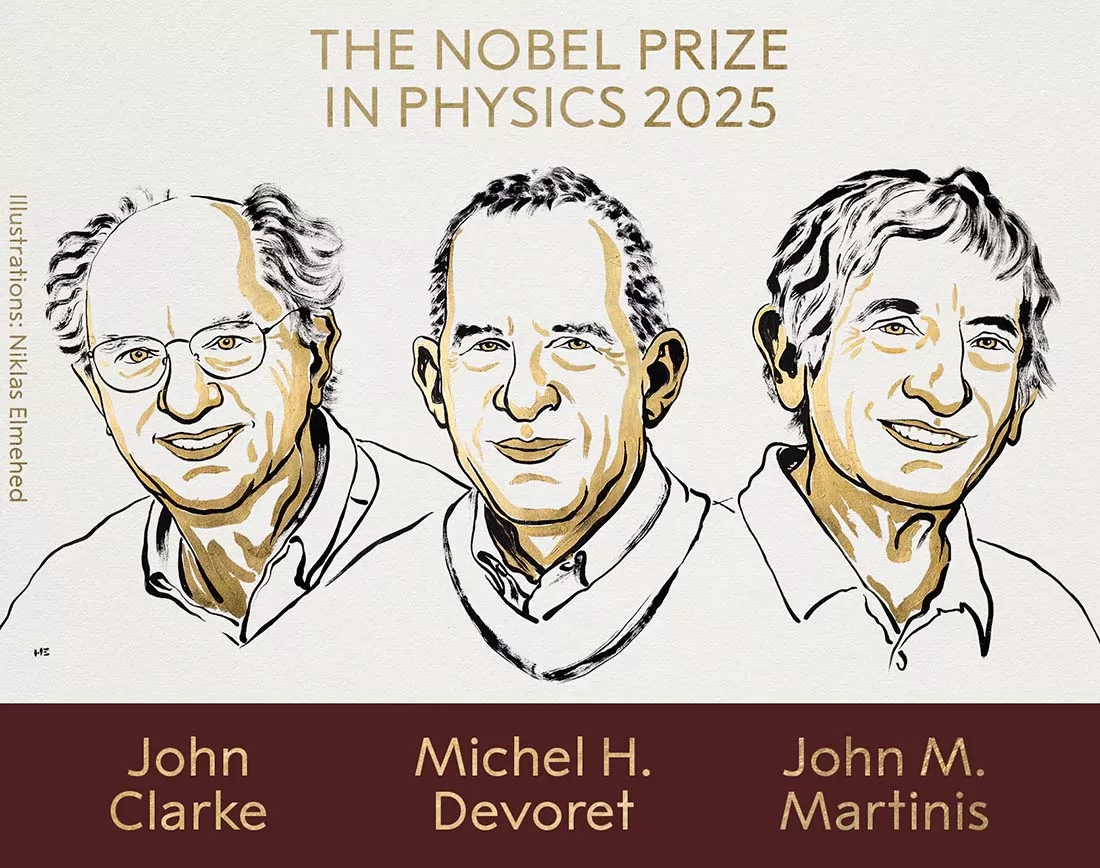
Stockholm, Sweden — The Royal Swedish Academy of Sciences has announced the recipients of the 2025 Nobel Prize in Physics: John Clarke (University of California, Berkeley), Michel H. Devoret (Yale University and University of California, Santa Barbara), and John M. Martinis (University of California, Santa Barbara).
The trio is being honored “for the discovery of macroscopic quantum mechanical tunnelling and energy quantisation in an electric circuit.”
Their pioneering work, conducted in the mid-1980s, demonstrated that quantum phenomena—typically confined to atomic and subatomic scales—can manifest in systems large enough to be held in the palm of a hand.
Using superconducting circuits and Josephson junctions, the researchers revealed that quantum tunnelling and discrete energy levels could be observed in macroscopic electrical systems.
Quantum tunnelling, a process where particles pass through barriers that classical physics deems impenetrable, was shown to occur in a circuit composed of superconducting materials.
The team’s experiments illustrated that the entire system behaved as a single quantum entity, transitioning from a zero-voltage state to a voltage-emitting state through tunnelling—a hallmark of quantum behavior.
Moreover, the circuit exhibited energy quantisation, absorbing and emitting energy in fixed amounts, as predicted by quantum theory. These findings not only deepened scientific understanding of quantum mechanics but also laid the groundwork for future technologies.
“It is wonderful to be able to celebrate the way that century-old quantum mechanics continually offers new surprises. It is also enormously useful, as quantum mechanics is the foundation of all digital technology,” said Olle Eriksson, Chair of the Nobel Committee for Physics.
The implications of this research extend far beyond theoretical physics. It opens doors to advanced quantum technologies, including quantum computing, cryptography, and sensing.
As transistors in modern microchips already rely on quantum principles, this year’s Nobel Prize highlights the transition from foundational science to transformative innovation.
John Clarke, born 1942 in Cambridge, UK. PhD 1968 from University of Cambridge, UK. Professor at University of California, Berkeley, USA.
Michel H. Devoret, born 1953 in Paris, France. PhD 1982 from Paris-Sud University, France. Professor at Yale University, New Haven, CT and University of California, Santa Barbara, USA.
John M. Martinis, born 1958. PhD 1987 from University of California, Berkeley, USA. Professor at University of California, Santa Barbara, USA.

